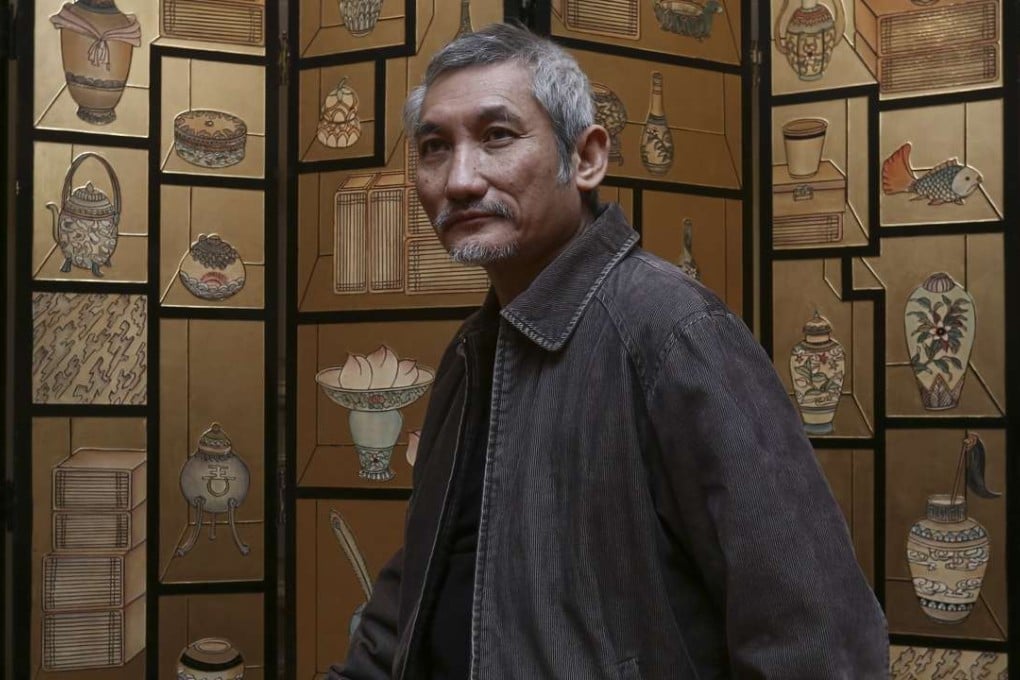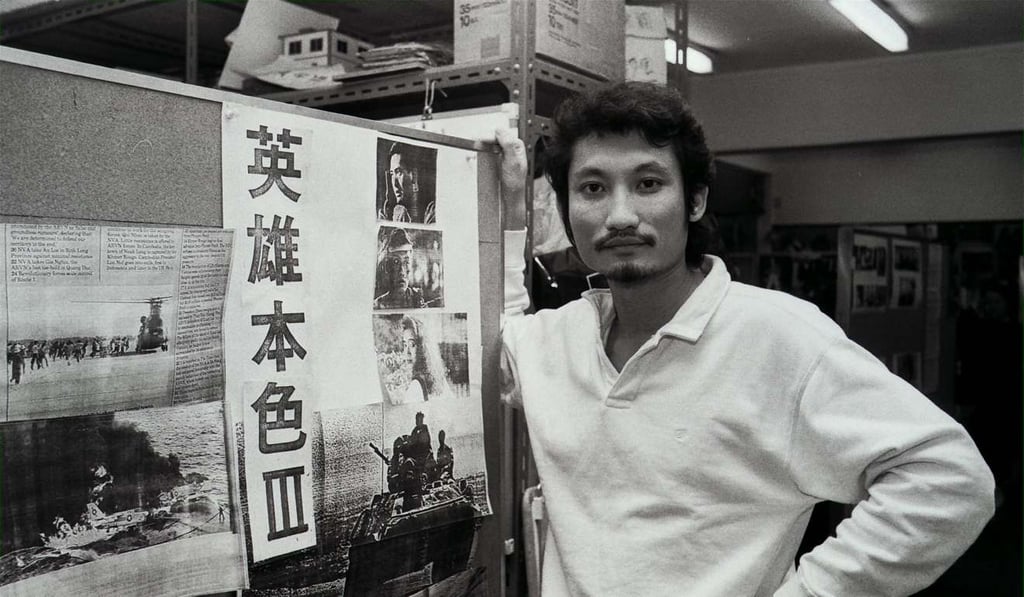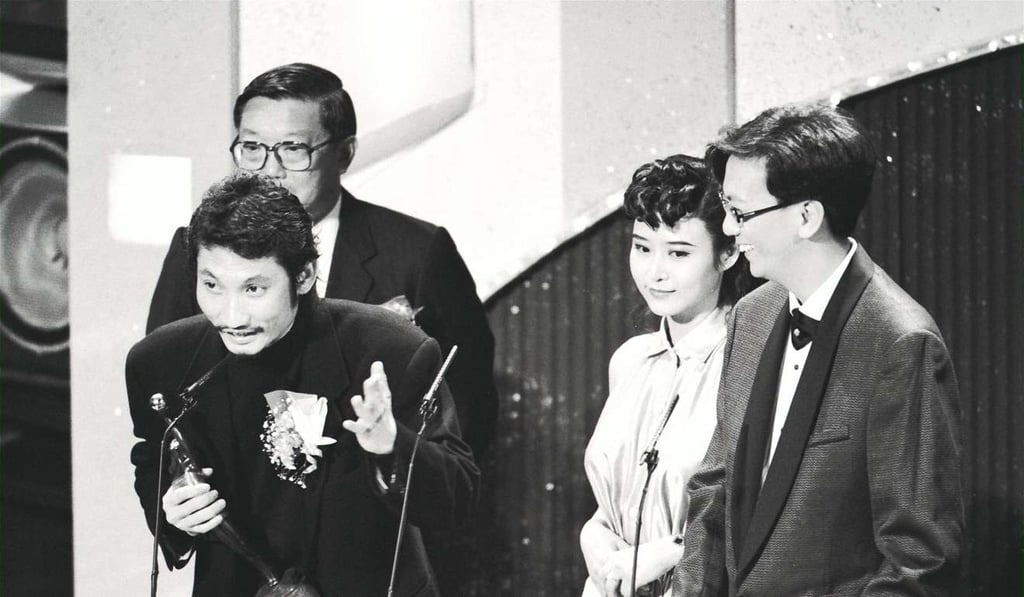Hong Kong film great Tsui Hark on Stephen Chow’s ego, his lifetime achievement award and Detective Dee 3
EXCLUSIVE: There are a few things Tsui Hark can’t be sure about – how many films he’s made, for example – but he’s always backed himself to succeed no matter what others tell him, he says, and his record stands for all to see

When trying to make sense of the mad genius of Tsui Hark, it helps to know that the Vietnamese-born Hong Kong film legend thrives on adversity. How else could he have reinvented Hong Kong cinema several times over in less than 40 years?
In his first two decades as a filmmaker, Tsui contributed to the Hong Kong New Wave movement with his first three features; revolutionised Hong Kong film special effects with Zu: Warriors from the Magic Mountain ; produced modern classics such as A Chinese Ghost Story series, A Better Tomorrow and The Killer; and made Jet Li a national hero with the Once Upon a Time in China series.

After a brief stint in Hollywood with the Jean-Claude Van Damme vehicles Double Team and Knock Off in the late ’90s, Tsui returned to take advantage of the Hong Kong-China co-production model. He has continued pushing boundaries, as a pioneer of 3D filmmaking since 2011’s Flying Swords of Dragon Gate , the first contemporary wuxia film to adopt the technology.
Tsui’s past four directorial efforts – Dragon Gate, Young Detective Dee: Rise of the Sea Dragon (2013), The Taking of Tiger Mountain (2014), and this year’s Journey to the West: The Demons Strike Back – were all 3D fantasy spectacles that gave their Tinseltown counterparts a run for their money. His expertise in 3D has also benefitted his contemporaries: Tsui’s influence was noticeable in director Derek Yee Tung-sing’s Sword Master (2016), which he produced.
